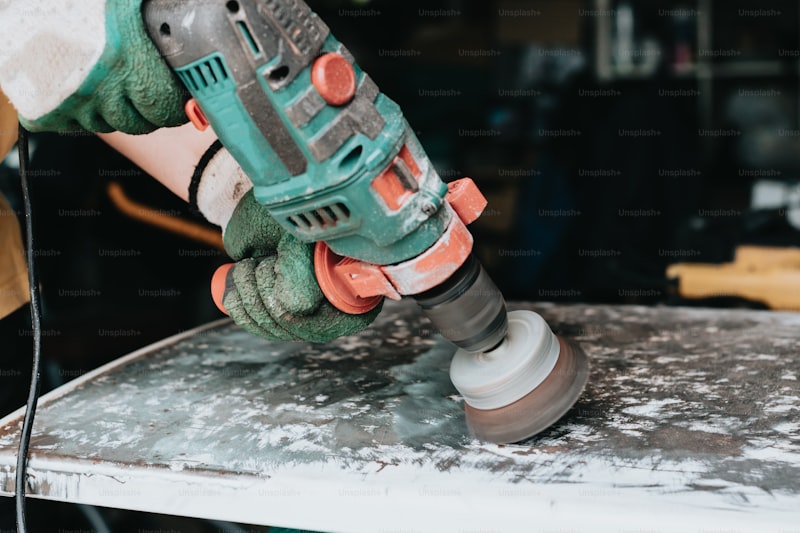Mastering 'Attention to Detail': Why It Matters and How to Cultivate It
Mastering 'Attention to Detail': Why It Matters and How to Cultivate It
Understanding 'Attention to Detail'
'Attention to Detail' is a crucial skill that transcends industries and roles. It involves the ability to focus on the nuances and small elements of any task, ensuring precision and quality in work. Whether in professional settings or daily tasks, mastering this skill can lead to higher levels of efficiency, productivity, and overall success.
What is 'Attention to Detail'?
'Attention to Detail' refers to the conscientiousness employed in maintaining thoroughness and accuracy in work. This skill is essential for a wide range of professions, from accounting to coding, interior design, and customer service. An individual who possesses a strong focus on detail is often seen as meticulous, focused, and dedicated, traits that are highly valued in the workplace.
Why is 'Attention to Detail' Important?
| Industry | Importance of Attention to Detail |
| Healthcare | Ensures accurate patient records and medication administration. |
| Finance | Reduces risks of financial errors and increases trust. |
| Real Estate | Helps in thorough property assessments and contract accuracy. |
| Technology | Critical in software development and QA to avoid bugs. |
| Marketing | Ensures campaigns are aligned with brand messaging and target audience. |
Benefits of Cultivating 'Attention to Detail'
Enhancing your attention to detail can yield numerous benefits:
- Improved Quality of Work: A focus on details often leads to higher quality outcomes.
- Better Time Management: By avoiding mistakes, you can save time spent on revisions.
- Increased Productivity: Attention to detail often streamlines workflows, leading to greater efficiency.
- Enhanced Reputation: Delivering precise work consistently can enhance your professional reputation.
How to Develop 'Attention to Detail'
Building this essential skill requires intentional practice and strategies:
- Stay Organized: Utilize planners, checklists, or digital tools to keep tasks orderly.
- Practice Mindfulness: Engage in activities that promote focused awareness, such as meditation or yoga.
- Set Specific Goals: Break tasks into smaller, manageable goals to maintain focus on finer details.
- Peer Review: Involve others in reviewing your work to catch overlooked errors.
- Feedback Loop: Regularly solicit feedback to understand areas for improvement.

Common Misconceptions About 'Attention to Detail'
Despite its importance, several misconceptions persist regarding 'Attention to Detail'. Here are some of the most prevalent:
- It's Only for Perfectionists: While perfectionism involves details, attention to detail can promote efficiency without striving for absolute perfection.
- It Slows You Down: In reality, attention to detail often leads to faster completion by reducing the need for revisions.
- It's Inherent: Many believe that being detail-oriented is a natural trait. However, it can be cultivated through practice and mindfulness.
Real-life Applications of 'Attention to Detail'
Let's explore how attention to detail plays a pivotal role in various scenarios:
- Project Management: Ensuring all project aspects are aligned with goals, budgets, and timelines while managing team dynamics and resources.
- Graphic Design: From color matching to typography choices, details are critical in creating visually appealing and effective designs.
- Data Analysis: Identifying trends, outliers, and correlations in data requires meticulous examination of every dataset.
Summary and Recommendations
In conclusion, 'Attention to Detail' is more than just a buzzword; it is an indispensable skill that can significantly impact professional success. By recognizing its importance, employing effective practices, and dispelling common misconceptions, you can enhance your attention to detail.
To sum up:
- Focus on organizing your tasks.
- Practice mindfulness techniques regularly.
- Seek feedback and collaborate with peers.
As you work on improving this skill, remember that patience and persistence are key. Cultivating 'Attention to Detail' will not only empower you in your career but also enhance your overall life quality. Whether in meetings, projects, or personal tasks, your commitment to detail can set you apart in an increasingly competitive world.
